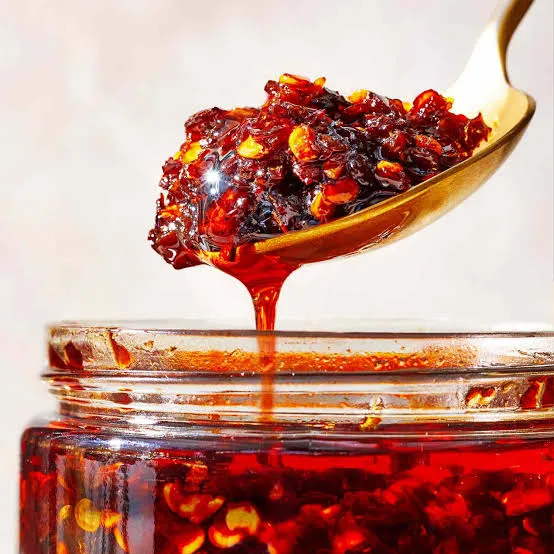Are you tired of constantly feeling like a melting ice cream cone?

Sweating is a natural process that helps regulate body temperature and cool us down. However, some individuals may experience excessive sweating, known as hyperhidrosis, which can be uncomfortable and embarrassing. While there can be various causes for excessive sweating, including medical conditions and genetics, certain foods have been known to exacerbate this condition. In this article, we will explore seven common foods that can potentially trigger excessive sweating, and it may be beneficial to limit or avoid their consumption.
Spicy Foods:

Spicy foods, such as hot peppers, curry, and spicy sauces, can stimulate the sweat glands and increase body heat. The compound responsible for the heat in these foods, called capsaicin, can activate nerve receptors, leading to excessive sweating. If you experience hyperhidrosis, it's wise to reduce your intake of spicy dishes.
Caffeine:

Caffeine is a stimulant found in coffee, tea, energy drinks, and certain sodas. It can boost the activity of the central nervous system, increasing heart rate and body temperature, ultimately triggering sweating. Cutting back on caffeinated beverages may help manage excessive sweating.
Alcohol:

Alcohol acts as a vasodilator, causing blood vessels to expand and increasing body temperature. This dilation can prompt the body to sweat as it tries to cool down. Alcoholic beverages like beer, wine, and spirits may contribute to excessive sweating, so moderate consumption or avoidance can be beneficial.
Processed Foods:

Highly processed foods containing additives, preservatives, and artificial ingredients may affect the body's natural balance and metabolism. These foods often lack nutritional value and can contribute to internal imbalances, potentially leading to increased sweating. Opting for whole, unprocessed foods is a healthier alternative.
Onions and Garlic:

Onions and garlic are flavorful additions to many dishes, but they also contain sulfur compounds that can be excreted through sweat. These compounds are released as the body breaks them down, which can lead to an odoriferous sweat. Reducing consumption or using milder alternatives may help control sweating and minimize body odor.
Spicy Condiments:

Condiments like hot sauce, mustard, and horseradish often contain ingredients like chili peppers or other spices that can stimulate sweating. While these condiments can add zest to your meals, excessive sweating might be an unwelcome side effect. Consider reducing the amount of spicy condiments you use.
Processed Meats:

Processed meats like bacon, sausages, and deli meats contain high levels of sodium and additives that can disrupt the body's fluid balance. This can lead to increased perspiration as the body attempts to maintain equilibrium. Opting for lean, unprocessed sources of protein, such as chicken, fish, or tofu, may help reduce excessive sweating.
Note this;
While the impact of certain foods on excessive sweating can vary from person to person, being aware of potential triggers can be helpful. It's important to note that individual sensitivities and body responses may differ, so it's advisable to consult with a healthcare professional or nutritionist for personalized advice. By making conscious choices and moderating your intake of these potential sweat-inducing foods, you can potentially manage excessive sweating and improve your overall well-being.
Thanks for reading
feel free to leave a comment, i will be
glad to reply.
Best regards, @brown01